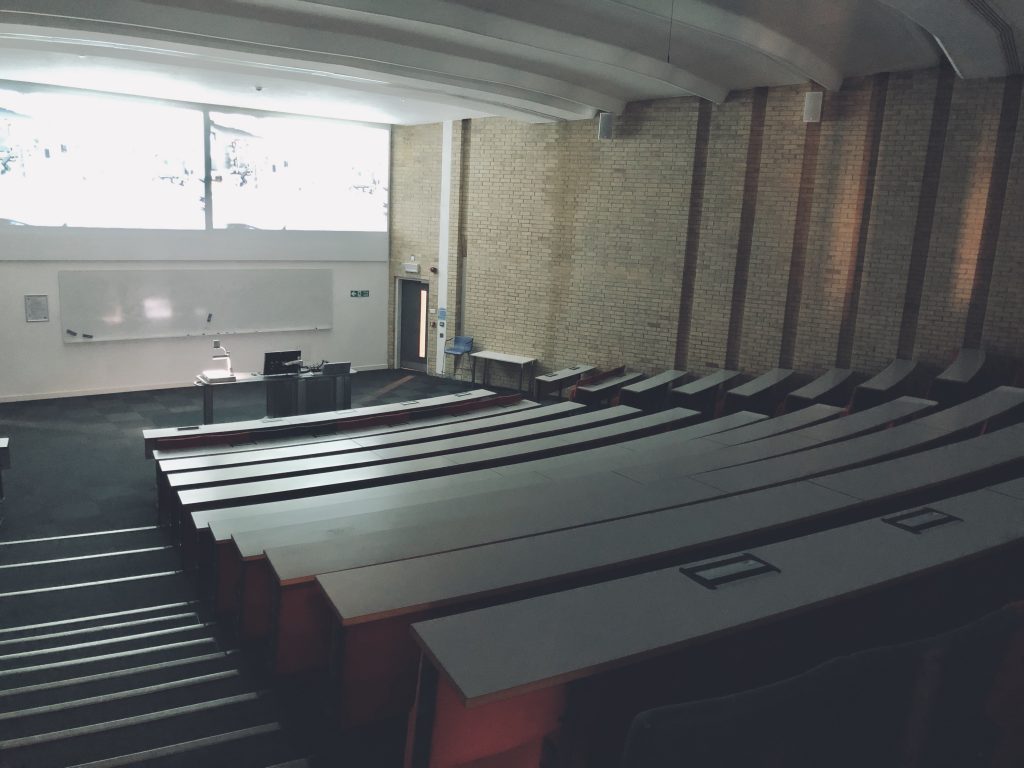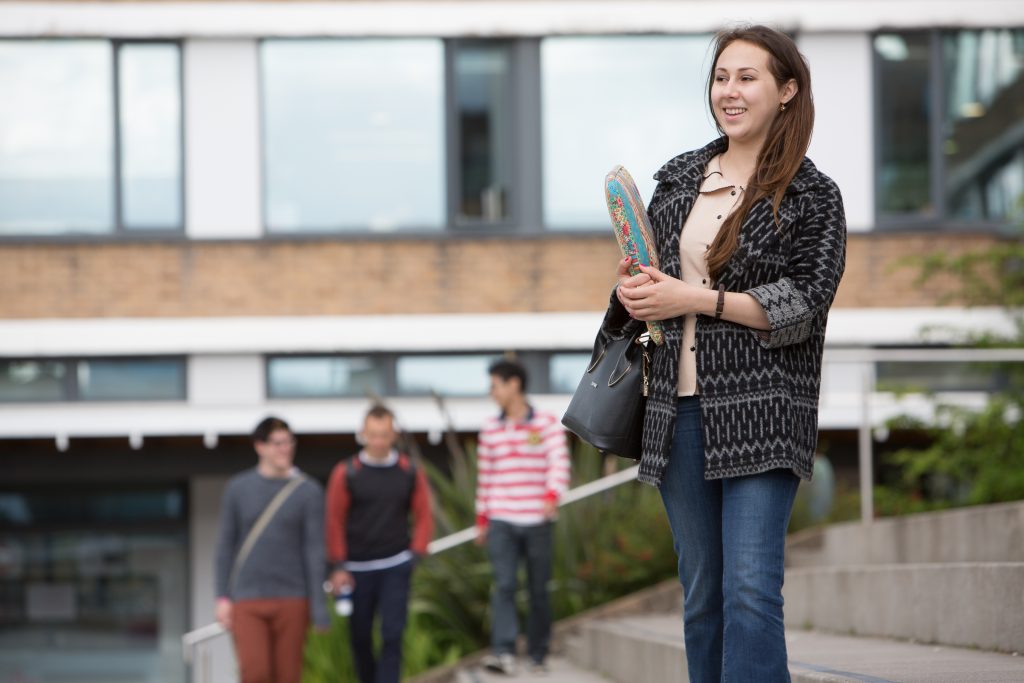
By Joey (Student Blogger: BSc Mathematics, Operational Research, Statistics and Economics (MORSE))
How has life been for the first few weeks of the semester? Have you adjusted yourself back to in-person study? For me, not really! I am still struggling with the mode of having face-to-face lectures, workshops, and seminars. I am missing the days when there were only four to five online sessions a week. I just needed to get out of my bed, turn on my computer and attend. No make-up, no proper dress code required. On the other hand, I missed the university so much – course mates, the relaxing and comforting environment, the amazing library…
Here are some tips for you to adjust yourself back to in-person study.
Firstly, get yourself prepared both physically and mentally. After a year of blended or online learning mode, and months of summer break, you should now get yourself prepared for getting back into the “learning mode”. Think about what you want to gain and experience when back to the university physically – establishing new social networks, learning a new language, or trying new types of sports. Stepping out of your comfort zone and trying something new, you can surely benefit from it. You may learn more about yourself, grow personally or even find a dream! For international students, pay attention to the difference in weather and environment to avoid getting sick.
Secondly, don’t push yourself too hard and bear in mind to maintain a work-life balance. Usually, you cannot get back into the right mode immediately. Do give yourself some time to accommodate and adjust your pace. You don’t need to force yourself to be “perfect”. It’s alright to be imperfect. Just focus on yourself! On the other hand, do consider the balance between social and academic. Do not make your schedule packed. Remember to leave some time for yourself to think – understand your emotions and the reasons behind them and figure out what approaches you should take to deal with the situations or problems.
Thirdly, grab a daily planner if necessary. When returning to the university physically, I thought I would not need a daily planner at first, but my thought was a mistake! I used to mark all my schedule, things to do on my mobile, and it worked. Unfortunately, I overestimated myself and underestimated the tasks that I was now required to accommodate. If you are an absent-minded person like me, I highly recommend you have a daily planner or a to-do list (daily, weekly and monthly). It helps you not to miss deadlines and make yourself deal with matters more systematically.
If you have come across any issues which are out of your control, remember there is always somebody you can get help from and chat with. If you need advice on friendships, relationships, where to get information on housing, finances, or academic issues, you can contact the College Advisory Teams (CAT Teams). You can also book a one-off appointment to talk through any issues you have come across through the Let’s Talk service. The service is booked by phone. No self-referral is required.





 I thought long and hard about what I wanted this blog post to be about, and being a newly second year student, I wish the people before me told me a few things before I started the year.
I thought long and hard about what I wanted this blog post to be about, and being a newly second year student, I wish the people before me told me a few things before I started the year. A workshop that, only hours before, I had received an alert of, but decided to mentally, politely decline. It was on ‘types of learners and learning strategies’, and apart from just wanting my ‘institutionally allocated’ free time, I thought, “I’ve been learning just fine, thank you very much”. Yet, there I was, course mates in the same sorry boat sat around me; bright-eyed and hardly-tamed first years sat around us. I got out my pen and notepad, and searched for a spot in the wall that might make the next hour go by quicker.
A workshop that, only hours before, I had received an alert of, but decided to mentally, politely decline. It was on ‘types of learners and learning strategies’, and apart from just wanting my ‘institutionally allocated’ free time, I thought, “I’ve been learning just fine, thank you very much”. Yet, there I was, course mates in the same sorry boat sat around me; bright-eyed and hardly-tamed first years sat around us. I got out my pen and notepad, and searched for a spot in the wall that might make the next hour go by quicker.

